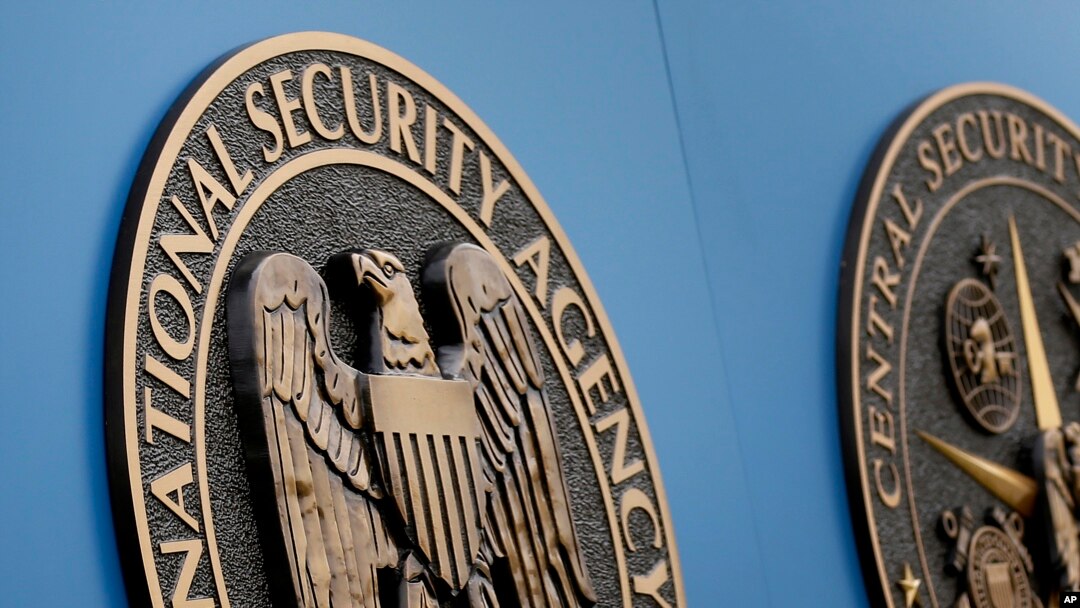A U.S. judge has dismissed a lawsuit against government surveillance of Internet communications, ruling that the plaintiffs did not meet requirements for challenging the NSA practice of intercepting such data without a warrant.
In dismissing the lawsuit brought by the Electronic Frontier Foundation, U.S. District Judge Jeffrey White said its version of NSA operational details was inaccurate, court documents show. But he stopped short of detailing those inaccuracies, saying he could not do so without violating national security.
The judge also said government lawyers defending the NSA's controversial "Upstream" program would have had to divulge classified information to mount an adequate defense.
A plaintiffs statement late Tuesday said the activist group would keep fighting what it called the "unlawful, unconstitutional surveillance" of ordinary Americans by the U.S. government. A spokesman said the group had not yet decided on further legal action.
Under the program, whose details were disclosed through leaks from privacy advocates, NSA taps into fiber cables to gather information about people's online and telephone communications. The agency is said to filter out communications from U.S. citizens, whose data is protected, to hunt for evidence of links between foreigners and terrorism-related activities.
The Northern California U.S. District Court case is known as Jewel v. National Security Agency.





